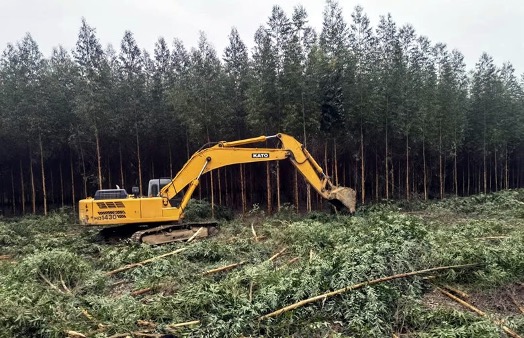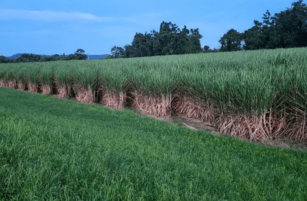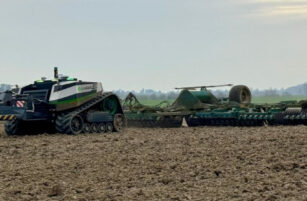Insight Focus
- China is trying to boost sugar production by converting eucalyptus plantations to sugarcane fields.
- This move is driven by policy rather than economics.
- Sugarcane yields on former eucalyptus plantations are low.
The Chinese government made sugar self-sufficiency a strategic goal in its fourteenth five-year plan covering 2021 to 2025. Provincial governments in southern China, Guangxi in particular, aim to boost sugar production by transforming eucalyptus plantations into cane fields. The goal is to replace at least 260k hectares of eucalyptus with sugarcane. However, this race to bolster sugar self-sufficiency should have a minimal impact on sugar production given the damage done to the soil, both by the husbandry of some of the plantations, and the process of removing the eucalyptus trees.
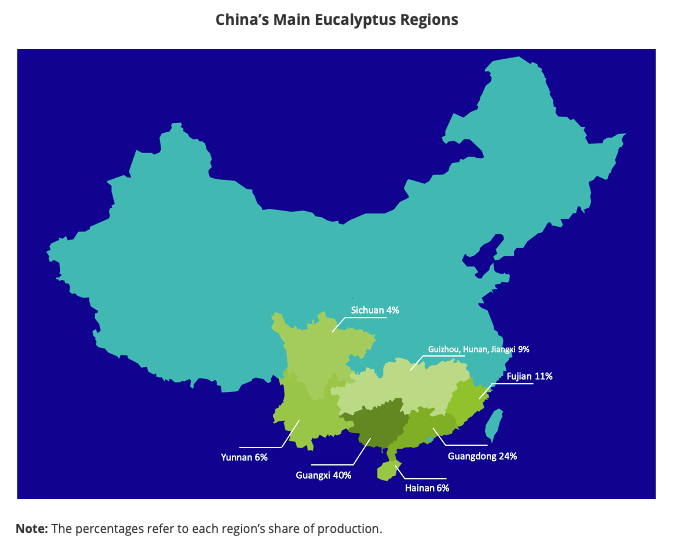
Chinese Governments Push for Cane Expansion
This is not the first time the Guangxi government has tried to convert eucalyptus plantations to cane fields. The 260k hectare goal was first mentioned in 2014 but the government did almost nothing to stop eucalyptus expansion because of the economic benefit. Instead, cane acreage steadily fell between 2012 and 2020.
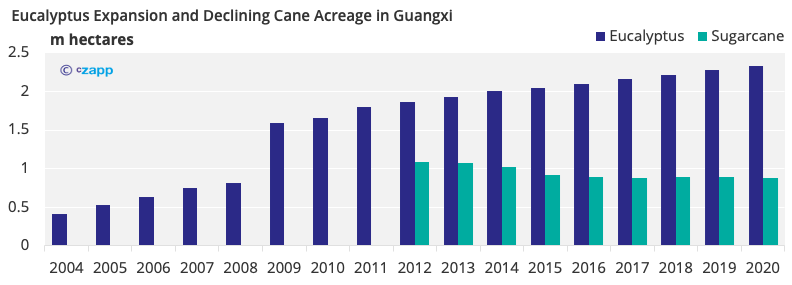
But now, the government says it’ll subsidise farmers who return to sugarcane from eucalyptus 2,355 USD/hectare. It’s also offering discounts on fertilisers, seeds, and machinery, which will increase cane returns to 3,000 USD/hectare.
However, eucalyptus plantations, if managed well, can give farmers a return of around 11,813 USD/hectare in the first five years. The crop also requires far less fertiliser than sugarcane and takes less time to develop. These returns increase over time as the tree grows.
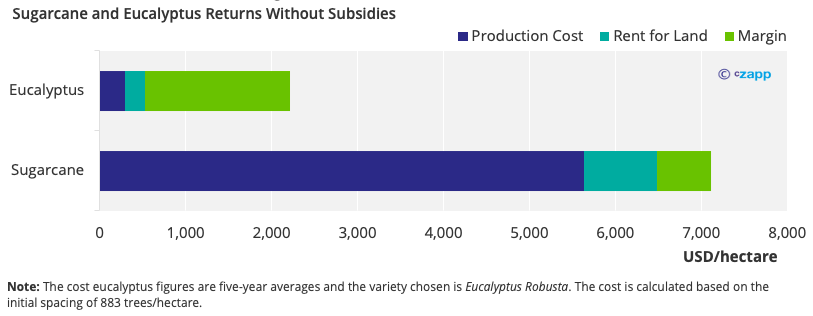
The dramatic difference in production costs and returns is the reason farmers have abandoned sugarcane for eucalyptus. Switching back to sugarcane makes no economic sense for plantation owners thus the removal will be driven by government policy.
After Eucalyptus Extraction, the Soil is not Ideal for Sugarcane Planting
However, once eucalyptus trees are removed, most of the soil will be in poor condition. This is because before eucalyptus trees are planted, farmers or plantation owners scorch the earth to remove any weeds or pests. This causes irreversible damage to the ecosystem and the environment.
Also, whilst the recommended planting density is 800-1,000 trees/hectare depending on soil conditions, some plantations plant 1,650-1,800 trees/hectare, with others planting over 2,000 trees/hectare to earn more in the short term. This is seriously bad for the soil.
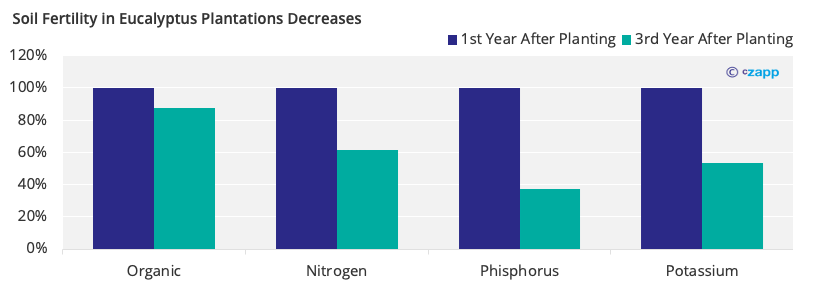
To make up for the loss of fertility, plantation owners apply excessive amounts of fertiliser and herbicide, meaning the soil from these plantations is usually contaminated; reports of cancer clusters around eucalyptus plantations were common in the 2010s.
The actual removal of eucalyptus trees degrades the soil quality even more.
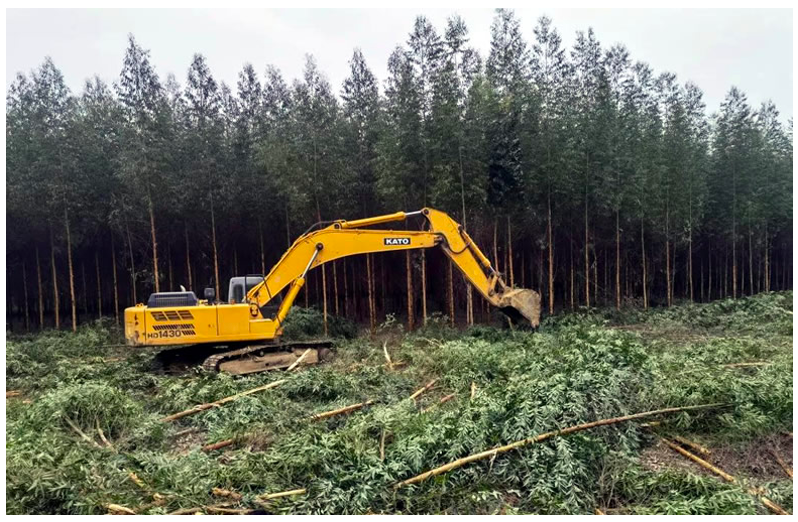
Why Are There So Many Eucalyptus Plantations in China?
Eucalyptus planting in China started in the late 19th century, but the large-scale introduction of eucalyptus occurred in the 1990s when the paper industry was booming in southern China. China also cooperated with Australia to foster new varieties and enjoyed many successes.
China now has the third-largest eucalyptus acreage in the world, at more than 500m hectares, 40% of which is in Guangxi Province. Guangxi’s eucalyptus plantations have supplied 20% of China’s timber since 2015 and are a major source of pulp for the paper industry.
Farmers in Guangxi started switching to eucalyptus in the early 2010s when the government encouraged eucalyptus expansion. Private or cooperative-owned plantations now account for 70% of eucalyptus plantations in Guangxi.
Will the Removal Have Any Impact on Sugar Production?
The immediate impact should be minimal, with any removal more about obeying government policy than economics.
The recovery of the soil and ecosystems will take quite some time too. Even if all the cleared land was immediately filled with sugarcane, yields would be well below average.
Other Insights That May Be of Interest…
